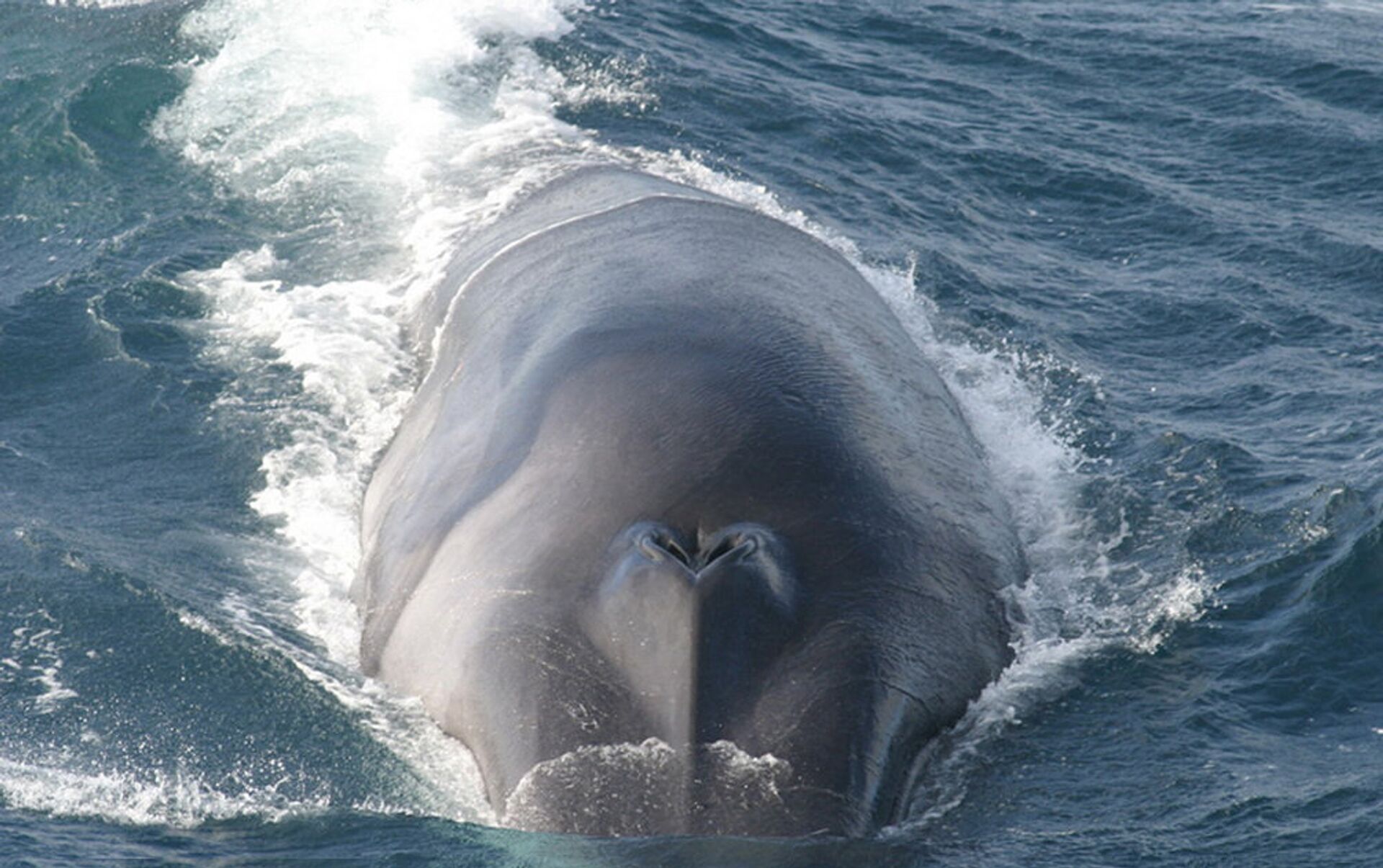The recent decision by Japan’s Fisheries Agency to categorize fin whales under the scope of commercial whaling marks a deeply concerning development for global marine conservation efforts. This decision not only contradicts international conservation agreements but also poses significant threats to the already vulnerable fin whale population.
Contradiction to International Agreements
One of the primary concerns is that this decision blatantly disregards international agreements aimed at protecting endangered species. The International Whaling Commission (IWC) has imposed a moratorium on commercial whaling since 1986, with the intent to allow whale populations to recover from the brink of extinction. Japan’s move to resume commercial whaling, especially targeting fin whales, undermines these global conservation efforts and sets a dangerous precedent for other nations that might follow suit.
Impact on Fin Whale Populations
Fin whales, the second-largest species of whale, are classified as vulnerable by the International Union for Conservation of Nature (IUCN). Despite some recovery in their populations, they remain at risk due to factors such as habitat loss, climate change, and entanglement in fishing gear. Introducing commercial whaling into this mix could severely hinder their recovery, pushing them closer to the edge of endangerment once again. The long-term impact on the fin whale population could be devastating, with potential ripple effects throughout the marine ecosystem.
Ethical and Environmental Concerns
The ethics of whaling have long been a contentious issue. Whales are highly intelligent, social creatures capable of experiencing pain and distress. The methods used in commercial whaling are often inhumane, causing prolonged suffering before death. Additionally, whales play a crucial role in maintaining the health of marine ecosystems. They contribute to nutrient cycling and support the marine food web. Reducing their numbers through commercial whaling disrupts these processes, leading to broader ecological consequences.
Economic Justifications and Cultural Arguments
Proponents of Japan’s decision often cite economic benefits and cultural traditions as justifications for whaling. However, these arguments are increasingly tenuous in the modern context. Economically, whale-watching tourism has proven to be far more lucrative and sustainable than whaling. Many coastal communities have successfully transitioned to eco-tourism, generating revenue while preserving whale populations. Culturally, while whaling has historical significance in Japan, it is essential to adapt traditions in light of contemporary conservation ethics and scientific understanding.
Global Responsibility and Future Directions
As a leading global economy and a member of numerous international conservation bodies, Japan has a responsibility to set a positive example in wildlife conservation. Reinstating commercial whaling, particularly targeting vulnerable species like fin whales, sends the wrong message about the importance of biodiversity and the need for sustainable practices. Instead, Japan should focus on strengthening its commitment to marine conservation, investing in non-lethal research methods, and promoting eco-friendly economic alternatives.
In conclusion, Japan’s decision to include fin whales in commercial whaling is a regressive step that threatens marine biodiversity, contradicts international conservation efforts, and raises significant ethical concerns. It is imperative for the global community to advocate for the protection of these majestic creatures and to encourage Japan to reconsider its stance on commercial whaling in favor of more sustainable and humane practices.

Leave a Reply